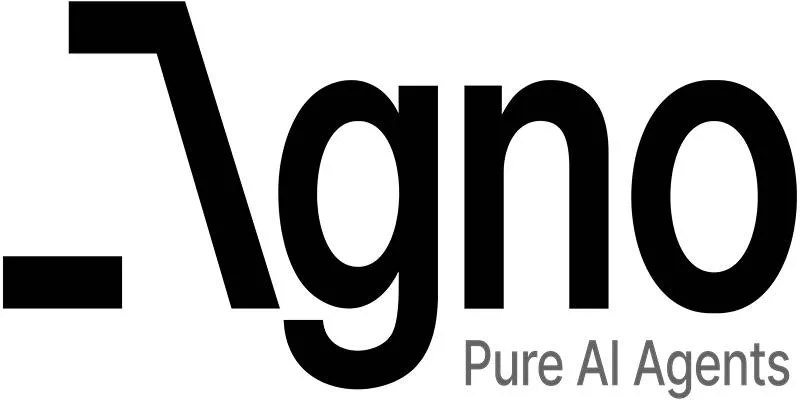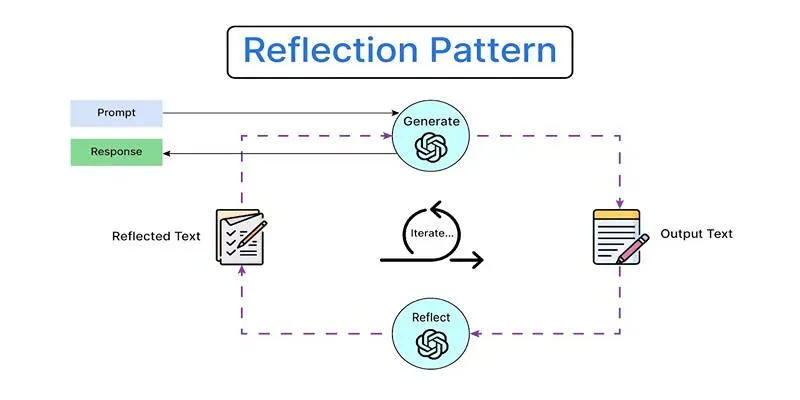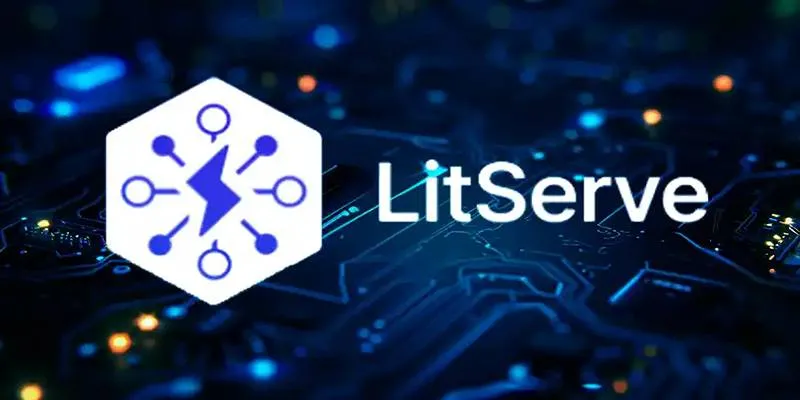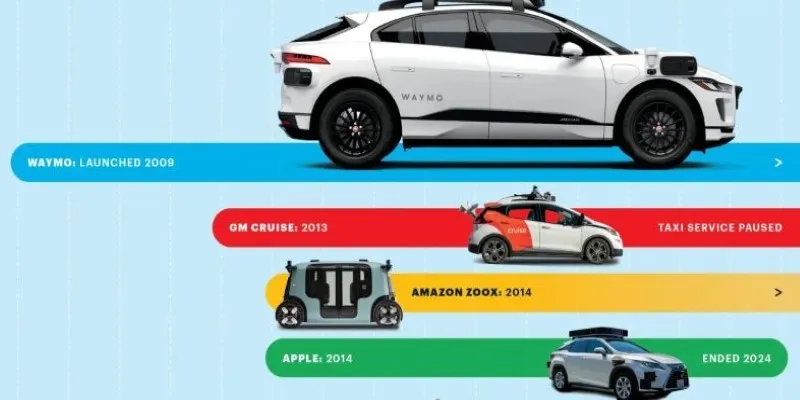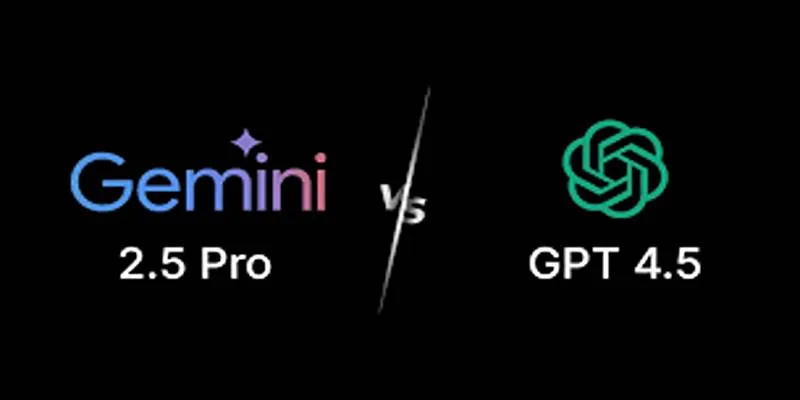Running a business often feels like a race against time. Managing clients, operations, emails, and scaling can make time seem like it’s always slipping away. But what if you could manage it smarter? Not by working longer hours or hiring more staff, but by leveraging technology—specifically, artificial intelligence (AI).
AI isn’t just for large corporations anymore; it’s accessible, practical, and transformative for businesses of all sizes. It automates repetitive tasks, saving hours of work in seconds. The best part? You don’t need to be a coder to benefit. AI could be the silent partner your business needs to work smarter, not harder.
The Real Impact of AI on Time Management
At its core, artificial intelligence is about one thing: decision-making at scale. AI tools use algorithms and data to automate decisions that once required human thought and time. This means fewer manual tasks and more focus on what truly matters—like planning, creative work, or customer interaction.
Take customer support, for example. Instead of answering every single query, many businesses now use AI-powered chat systems that handle the bulk of routine questions. These bots are available 24/7, never tire, and only escalate issues when human intervention is necessary. That alone saves hours of repetitive work every week.
Another area where AI saves time is in content generation. Whether creating emails, blog summaries, or report summaries, AI writing software has advanced significantly. They’re not there to steal your creativity but to speed up the first draft so you can focus on editing rather than starting from scratch. This can cut 40–60% of the time spent on creating content.
Then, of course, there’s sorting and analyzing data. AI can sift through vast amounts of information in seconds, extracting insights or red flags you may have otherwise overlooked. Consider how many hours you waste flipping through spreadsheets or dashboards. Now, picture a tool doing it for you while you grab a coffee.
Time is also saved in the hiring process. AI-based applicant tracking systems can filter resumes based on job criteria, rank candidates, and even predict how well someone might fit in your company. This doesn’t just speed things up—it helps you avoid wasting time on interviews that lead nowhere.
Bringing AI into Your Daily Workflow
One of the biggest myths about artificial intelligence is that it requires a significant investment or a technical team. Not true. There are dozens of tools you can plug right into your current setup—no complex integrations, no steep learning curve.

For instance, tools like Zapier or Make (formerly Integromat) use AI logic to create automated workflows. Say you get an email with an invoice. You can set up an automation that reads the email, extracts the data, and uploads it to your accounting software. What once took ten minutes now takes zero.
Marketing? That’s another big win. AI can handle scheduling posts, adjusting ad budgets, or even analyzing which headlines get the best clicks. Social media management tools now come with AI integrated, helping you post at optimal times, choose better hashtags, and track performance across platforms—all without constant monitoring.
AI also shines in inventory management for e-commerce businesses. It predicts which stock will run out, when to reorder, and what your customers are likely to buy next—all based on past behavior. That means fewer shortages, less overstock, and a better customer experience. Again, it’s about saving time from guesswork and decision fatigue.
Another useful area is document processing. Tools that read and interpret PDFs, forms, and receipts now use machine learning to handle data entry. They scan, extract, and send information where it needs to go. There is no need to manually punch in numbers or organize files—AI handles it all.
All of this is possible without overhauling your business or learning to code. Most AI tools come with user-friendly dashboards and plug-ins for your existing software, from Gmail to QuickBooks to WordPress.
Where AI Fits in the Bigger Picture
Leveraging AI in your business isn’t just about shaving a few minutes off a task—it’s about changing the way you think about work. Imagine removing the mental clutter of menial decisions and focusing on bigger goals: scaling, innovating, or simply taking a guilt-free break.

It also means your team works smarter, not harder. Instead of wasting time on admin tasks or double-checking spreadsheets, they’re free to brainstorm new products, improve client relationships, or take on more projects without feeling overworked.
Time savings improve output and quality. When AI handles the routine, human input can be more thoughtful, precise, and creative. That’s how businesses stand out—not by working faster but by working better.
There’s also a long-term benefit: resilience. Businesses that use AI tend to be more agile. When markets shift or when something unexpected happens (like a supply chain delay or global crisis), AI tools help you respond quickly. You can adjust campaigns, update customer communication, or shift priorities without halting operations.
Even if you start small—one tool, one workflow—you’ll feel the shift. The more tasks you let AI handle, the more time you get back to lead and grow your business with purpose.
Conclusion
Leveraging AI in your business isn’t just a trend—it’s a powerful tool that can save valuable time and enhance productivity. By automating repetitive tasks, AI allows you to focus on strategic decisions, innovation, and growth without getting bogged down in manual work. Whether it’s streamlining customer support, managing inventory, or handling data analysis, AI can integrate seamlessly into your existing workflows and bring immediate benefits. The key is to start small and gradually expand AI use to fit your business needs. Embracing AI is a step toward working smarter, not harder, and positioning your business for long-term success.
 zfn9
zfn9







